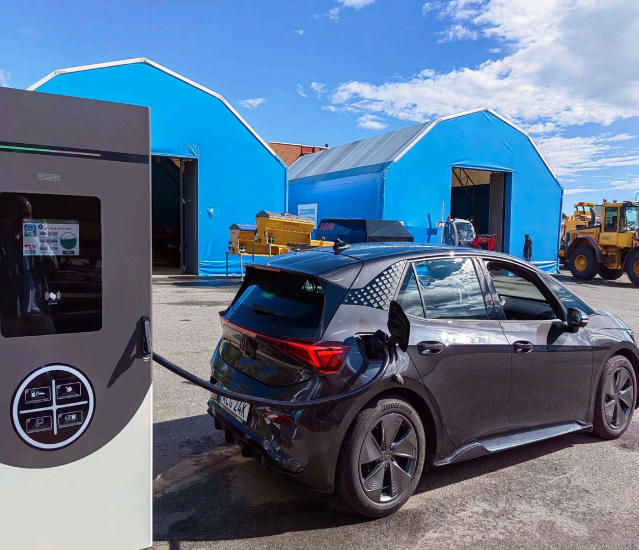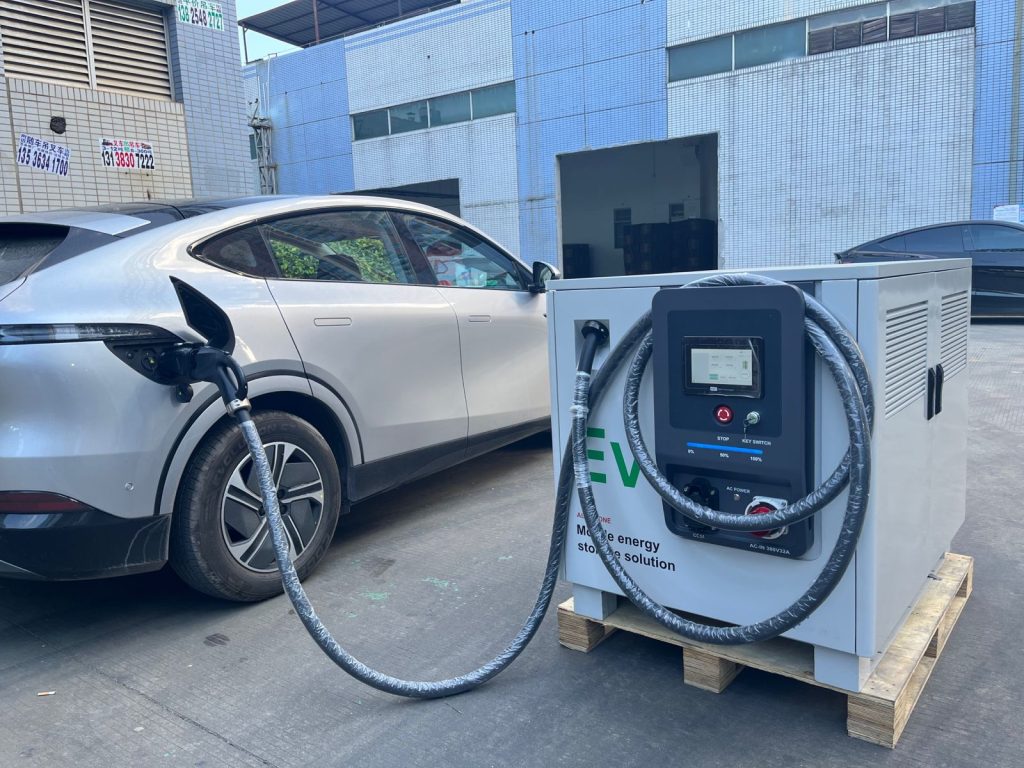
Let’s explore a topic that’s reshaping the landscape of corporate transportation: electrifying your fleet. Today, we’ll delve into the myriad benefits of transitioning to an electric fleet and discuss the key considerations businesses should keep in mind when making this transformative shift.
The Advantages of Electrifying Your Fleet
Environmental Sustainability: One of the most compelling reasons for businesses to embrace electric vehicles (EVs) is their significantly reduced environmental impact. By transitioning to an electric fleet, companies can slash their carbon emissions, mitigate air pollution, and contribute to global efforts to combat climate change. With zero tailpipe emissions, EVs offer a cleaner and greener alternative to traditional internal combustion engine vehicles, aligning with corporate sustainability goals and demonstrating a commitment to environmental stewardship.
Cost Savings: While the upfront costs of electric vehicles may be higher than their gasoline-powered counterparts, the long-term cost savings can be substantial. Electric vehicles have lower operating and maintenance costs, thanks to fewer moving parts, reduced fuel expenses, and simplified maintenance requirements. Additionally, businesses may be eligible for various incentives, tax credits, and grants aimed at promoting the adoption of electric vehicles, further enhancing the economic viability of electrifying their fleets.
Enhanced Corporate Image: Embracing electric vehicles can bolster a company’s brand reputation and enhance its corporate image. By demonstrating a commitment to sustainability and innovation, businesses can attract environmentally conscious customers, investors, and employees. Electric fleets serve as tangible symbols of a company’s dedication to responsible business practices and can differentiate it from competitors in the marketplace.
Regulatory Compliance: As governments around the world implement stricter emissions regulations and environmental mandates, businesses face increasing pressure to reduce their carbon footprint and transition to cleaner transportation solutions. Electrifying your fleet positions your company ahead of regulatory requirements, ensuring compliance with evolving environmental standards and minimizing the risk of penalties or fines associated with non-compliance.
Considerations for Businesses Transitioning to an Electric Fleet
Infrastructure Planning: One of the primary considerations for businesses transitioning to an electric fleet is the development of charging infrastructure. Companies must assess their charging needs, identify suitable charging locations, and invest in the necessary infrastructure to support their electric vehicles. This may involve installing charging stations at company facilities, partnering with charging network providers, or leveraging mobile charging solutions for added flexibility.
Vehicle Selection: When selecting electric vehicles for their fleet, businesses should consider factors such as driving range, vehicle types, payload capacity, and charging compatibility. It’s essential to choose vehicles that meet the operational requirements of the business while maximizing energy efficiency and minimizing total cost of ownership.
Training and Education: Transitioning to an electric fleet requires training and education for drivers, maintenance staff, and fleet managers. Employees need to understand the unique characteristics of electric vehicles, including charging protocols, range limitations, and maintenance procedures. Investing in comprehensive training programs ensures that employees are equipped to operate and maintain electric vehicles safely and efficiently.
Total Cost of Ownership Analysis: While electric vehicles offer numerous benefits, businesses must conduct a thorough total cost of ownership (TCO) analysis to evaluate the financial implications of transitioning to an electric fleet. This analysis should consider factors such as vehicle purchase costs, fuel savings, maintenance expenses, tax incentives, and residual values over the vehicle’s lifecycle. By accurately assessing the TCO of electric vehicles, businesses can make informed decisions and maximize their return on investment.
Scalability and Future Expansion: As businesses electrify their fleets, they should consider scalability and future expansion plans. Companies should assess their long-term fleet needs, anticipate growth opportunities, and develop strategies to scale their electric vehicle deployments accordingly. Flexibility and adaptability are key as technology evolves and market dynamics change.
In conclusion, electrifying your fleet offers a myriad of benefits for businesses, ranging from environmental sustainability and cost savings to enhanced corporate image and regulatory compliance. However, successful fleet electrification requires careful planning, infrastructure investment, and strategic decision-making. By considering the factors outlined above and embracing the transition to electric vehicles, businesses can drive positive change, reduce their environmental footprint, and pave the way towards a cleaner, greener future. At Sunmingcell, we’re committed to supporting businesses on their journey to electrify their fleets and harness the power of sustainable transportation. Together, let’s electrify the road ahead!

Nalina Huang
Renewable Energy Engineer who is responsive for EV Mobile Charging Solution, predesign, proposal elaboration, and project follow-up. Expereince in topics ranging from Electric Vechiles, Charging Renewable Energy, Market Analysis, and Project Management.


